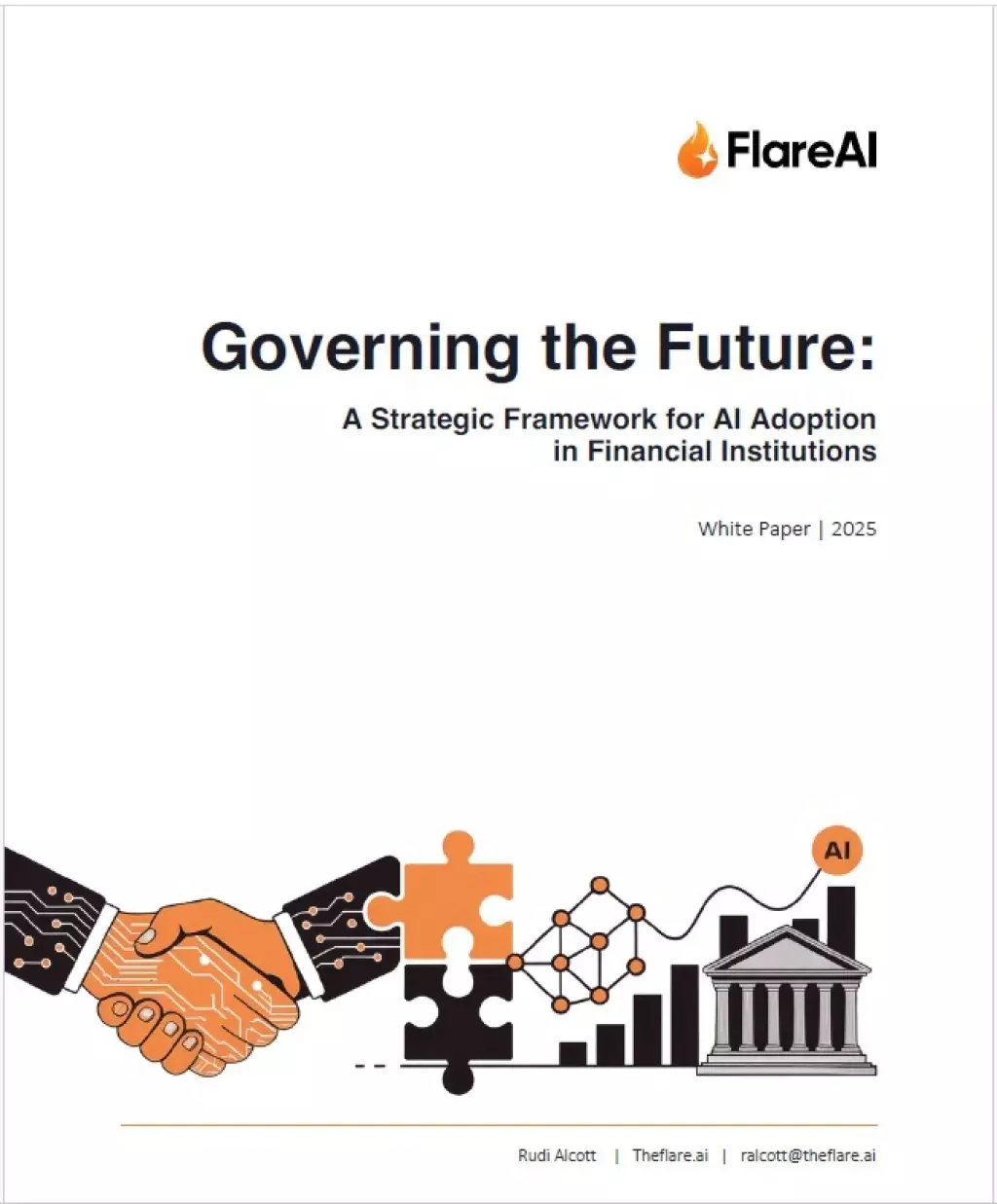Catena Labs Emerges with $18M Funding to Build AI-Native Financial Institution
Catena Labs has announced its emergence from stealth mode with plans to establish the first fully regulated AI-native financial institution, announced in a press release. The company has secured $18 million in seed funding led by a16z crypto, with participation from Breyer Capital, Circle Ventures, Coinbase Ventures, and others.
Co-founded by Sean Neville, who previously co-founded Circle Internet Group, Catena Labs aims to address the limitations of legacy financial systems in handling AI-driven commerce. The company is focused on creating financial infrastructure that supports agentic commerce, enabling AI agents to conduct economic transactions efficiently.
As part of its initial steps, Catena Labs has released an open-source project called the Agent Commerce Kit (ACK), which defines protocols and patterns for agentic commerce. The funding will be used to accelerate the development of their AI-native financial institution and its underlying technology, addressing new requirements for identity and payments in the AI economy.
We hope you enjoyed this article.
Consider subscribing to one of our newsletters like Finance AI Weekly, AI Funding Brief or Daily AI Brief.
Also, consider following us on social media:
More from: Finance
More from: Funding
Subscribe to Finance AI Weekly
Weekly newsletter about AI in finance. Covers AI-driven trading, fintech innovations, and data analytics transforming markets
Whitepaper
Governing the Future: A Strategic Framework for AI Adoption in Financial Institutions
This whitepaper explores the transformative impact of artificial intelligence on the financial industry, focusing on the governance challenges and regulatory demands faced by banks. It provides a strategic framework for AI adoption, emphasizing the importance of a unified AI approach to streamline compliance and reduce operational costs. The document offers actionable insights and expert recommendations for banks with fewer than 2,000 employees to become leaders in compliant, customer-centric AI.
Read more
